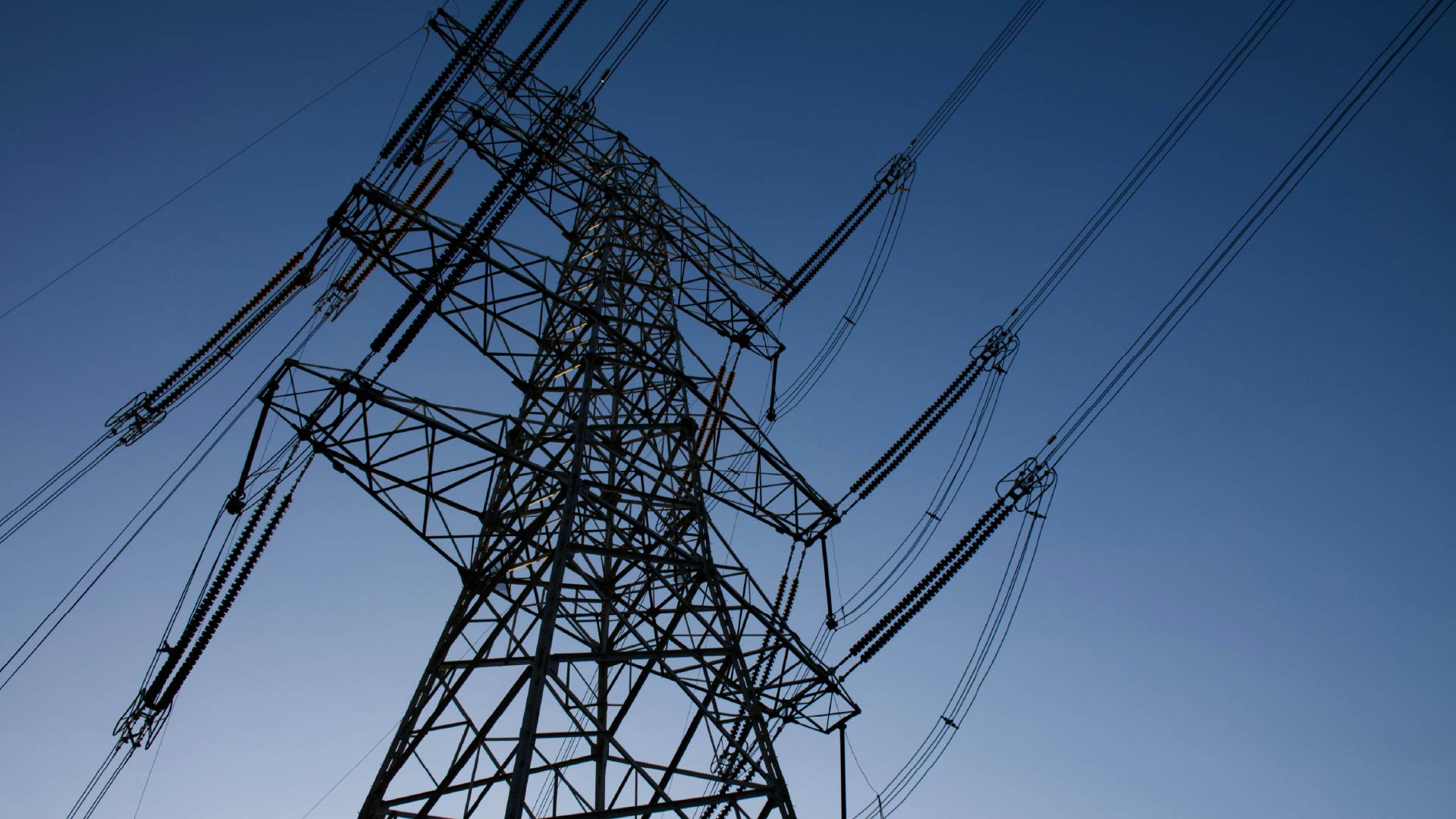The Power Of Persuasive Purse Strings: Apple Shows How To Wield Purchasing Power For Supply Chain Decarbonization

Alastair Foyn
Policy propositions to include Scope 3 (value chain) emissions within disclosures and reduction targets are often countered with arguments citing a lack of direct control (for example, “why report what you can’t reduce?”). However, some large corporates are now using their purchasing power within supply chain networks to demand Scope 3 reductions.
In October 2022 Apple announced its Supplier Clean Energy Program, urging suppliers to make significant Scope 2 emissions reductions by transitioning to renewable energy sources – thus reducing Apple’s Scope 3 supply chain emissions. At that time, over 200 suppliers, representing 70% of Apple’s manufacturing supply chain spend, had committed to using clean energy for Apple production. Apple now requires suppliers to report against their progress on Scope 1 and 2 decarbonization and will factor decarbonization performance into its procurement decisions.
Apple needs to tackle its manufacturing supply chain emissions – which account for 70% of its total emissions – in order to reach its ambitious target of total neutrality by 2030. Six months on from the announcement, Apple has grown supplier commitment to over 250 suppliers, across 28 countries, representing more than 85% by spend. Apple also reports a 30% increase in renewable electricity use within its supply chain.
This forms part of an emerging trend, with more and more firms incorporating supplier decarbonization and emissions management performance into procurement decision-making. Wider examples of firms leveraging influence over supply networks for decarbonization goals include projects to aggregate power purchase agreements (PPAs) from McDonald’s and Walmart, and AB InBev’s platform for collaborative supply chain sustainability goals.
Suppliers with typically low visibility have felt reluctant to broaden decarbonization scope or accelerate timelines to align with more ambitious procurers, especially in the absence of business incentives. However, the inclusion of decarbonization performance metrics within requests for proposals (RFPs), and downstream procurer pressure, will focus suppliers’ emissions efforts. Firms should also look to service providers offering aggregated PPA guidance, such as Schneider Electric, and investigate further ways of achieving supply chain decarbonization through incentivization and engagement.
About The Author

Alastair Foyn
Analyst





